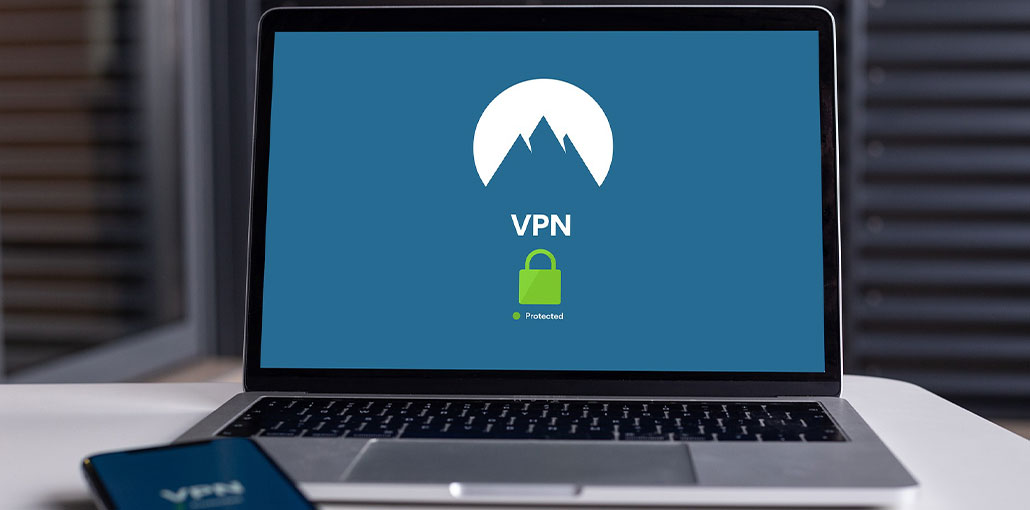Virtual Private Network (VPN) service providers do their best to offer an invaluable experience to users. Whether you use a free VPN or a paid one, it is tailor-made to ensure online privacy and data security. And they are designed to accomplish these tasks without slowing down the speed of your internet connection.
But what if you discover that the VPN you use at home slows down your internet connection speed? It can be frustrating to deal with, especially if you have a tight schedule. Fortunately, though, you can take some steps to deal with it. Read on to know more about it.
Also read: What Is a Business VPN? Benefits and Features for Business
Possible Reasons For Which Your VPN Is Slow
Before you look for information about why your VPN is slow, you need to know how it works. While some VPN service providers offer their services free of cost, others charge you a subscription fee for using their features. You can choose any one of these options.
While free and paid VPNs differ in terms of the features they provide, they operate on the simple principle.
In normal browsing, data transmission between a device and the intended server occurs through a direct route. But when you connect your device to a virtual private network, data transmission happens through rerouting.
When you connect your device to a VPN, it turns your public network into a private one. Thereafter, the data from the device reaches the intended server through one of the servers of your VPN service. Data from the intended server passes also follows the same path before reaching the device. This method of data transmission is called data rerouting.
Data rerouting may slow down your internet connection speed if you choose a server that is far away from your geographical location. However, the slowness in the speed of your internet connection due to this factor may vary from one VPN service to the other.
You can address the problem to a large extent by choosing a VPN option that has multiple servers close to your current location. Such VPNs do not come across the issue of overloading, which can slow down your internet connection speed.
Other underlying issues may also be responsible for the slow speed of your internet connection when you use a VPN. These issues include protocol settings and the performance of other background apps.
Should You Use A Proxy Server?
Some people use proxy servers to access content on restricted websites. Sure, proxy servers do a good job as far as allowing you to overcome geo-restrictions. But they lack the other vital functionalities that VPNs have. As a result, they are not as reliable as a VPN.
Some people use a proxy server under the impression that they provide better internet speeds than VPNs. In reality, proxy servers just help you direct your query through another server.
In general, a proxy server may have several vulnerabilities. Further, they also do not remain relevant all the time. A proxy server that you use now may not remain useful later on as they get detected and marked from time to time. So, you will need to keep switching from one proxy server to the other if you use them instead of VPNs.
Also read: What Are The Pros and Cons of VPNs?
Ways To Address The Problem Of Slow Internet Speed While Using A VPN
As a user, you can take some steps to address the issue of a sluggish internet connection while using a VPN. These include the following:
- Change the server: Most people do not set up a VPN in the right way. You should choose a VPN with its server close to your geographical location. Also, make sure you use an option that does not face the problem of overloading. Generally, VPNs with multiple servers do not face this problem.
- Configure protocol settings: Some common VPN protocols include L2TP/IPSec, IKEv2, PPTP, WireGuard, UDP, and TCP. VPNs use these protocols to set up a connection and encrypt user data. If one protocol does not provide optimum internet speed, you can change it based on your needs.
- Check your internet connection speed: Sometimes, the slow internet connection can be due to a problem from an internet service provider’s end (ISP). You can get to know about the actual speed of your internet connection by checking its speed with one of the relevant tools.
- Remove bandwidth-intensive applications from your device: Background apps run silently on devices and consume the bandwidth of an internet connection. With too many apps running at once on your device, it is no wonder that the internet speed would be slow. Remove them to restore the usual speed of your internet connection.
- Switch to a VPN that provides faster internet speed: If you do not get your desired internet speed even after trying out all the options, think about using another VPN service as a last resort.
Final Thoughts
Regardless of its type, a VPN plays a vital role in cybersecurity in the current digital age. It is imperative from the standpoint of data security and anonymity when you connect your device to the Internet. As described above, rerouting, coupled with other factors, may slow down the speed of your internet connection. Try out the solutions mentioned above to address this problem.










Leave a comment